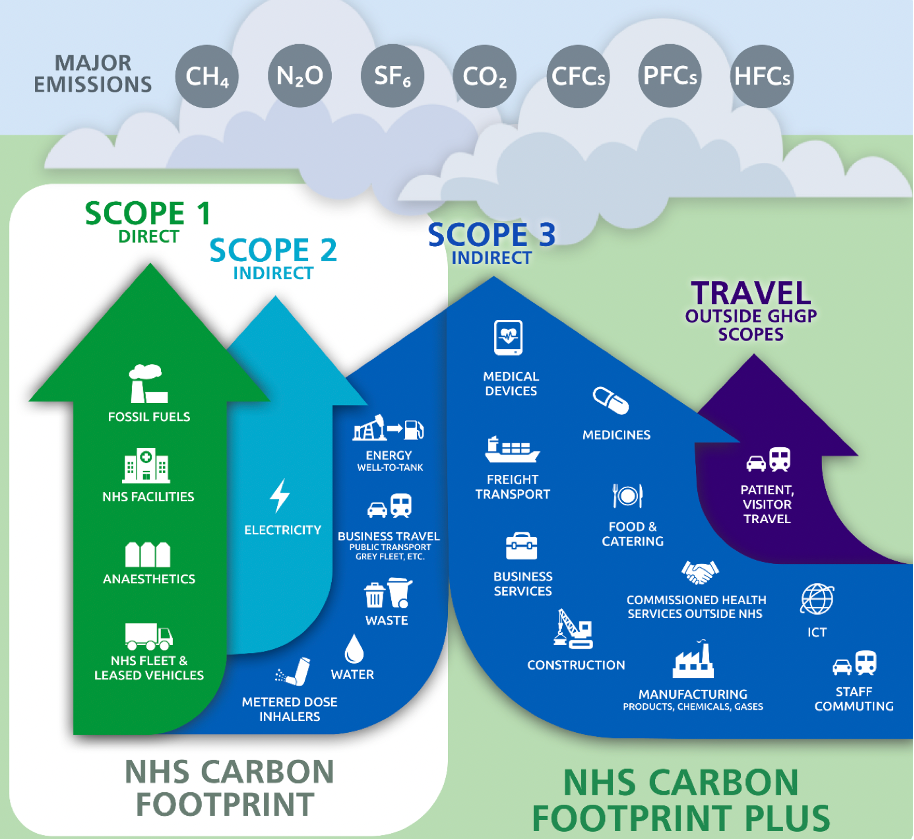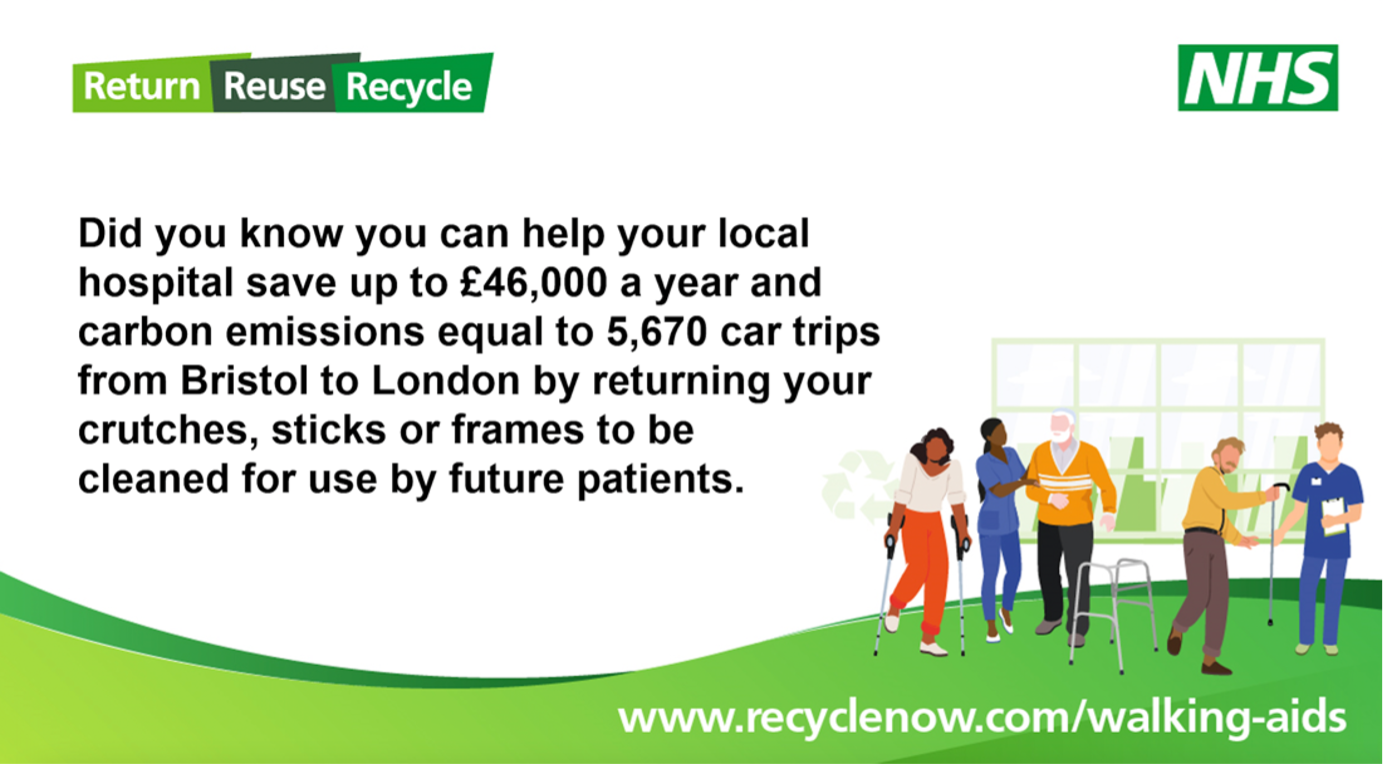
Take part in the NHS return and reuse scheme this Recycle Week!
It is National Recycle Week (17 – 23 of October)! People across the country are encouraged to recycle more often, and in the right way. Last year, approximately 82% of people were more aware of recycling methods and stated changing their behaviour following Recycle Week 2021.
This year’s theme is ‘Let’s Get Real’ and will challenge perceptions and myths around recycling, and target contamination to improve recycling behaviours.
WRAP has a partner pack for Recycle Week 2022 where you can find more information on this year’s theme and learn ways to get involved and share the campaign.
What can we do as healthcare professionals?
The NHS makes up 4% of the UK’s total carbon footprint. Recycling as much as possible is one way we can help the NHS achieve its goal of becoming the world’s first health system to reach net zero by 2045.
The NHS’ supply chain accounts for 66% of the overall carbon emissions. This covers a wide range of goods and services, including medicines, medical and non-medical equipment. - NHS England

Greenhouse Gas Protocol (GHGP) scopes in the context of the NHS. Source: NHS - Delivering a ‘Net Zero’ National Health Service.
Scope three of the Carbon Footprint assessment for the NHS, states that emissions from indirect activity, such as its supply chain, can be reduced in three ways: "more efficient use of supplies; low-carbon substitutions and product innovation; and by ensuring our suppliers are decarbonising their own processes". Requiring trusts to no longer purchase medical equipment from suppliers who are not aligned with the net zero vision is good, but it needs to go much further.
Within the supply chain, medical equipment and devices account for 13% of the NHS carbon emissions and walking aids are on the list of items contributing the most to this footprint. To target this specific sector, the NHS is encouraging patients to use this week as an opportunity to act more sustainably by returning any walking sticks, frames, rollators, and crutches which are no longer in use. Because of the high greenhouse gas intensity of aluminium and steel manufacture, walking aids provide an excellent opportunity for carbon savings. Reusing and refurbishing walking aid can reduce carbon emissions by 98% on average, and prevent additional waste from going to landfill. And encouraging their return can improve availability for existing and future patients, and save money.

The NHS is encouraging Trusts to expand existing walking aid refurbishment schemes and is targeting 40% of all walking aids refurbished in the next three years.
Useful links:
- Patients can find out where to return their walking aids by visiting their local Trust’s website or by using the WRAP Recycle Now Tool
- NHS walking aid reuse
- Case study from NHS Scotland: ’Circular Economy Initiative: repairing and reusing walking aids’
- Donating and recycling used disability equipment
Want to learn more about ‘what is recycling’ and ‘how to reduce, reuse, recycle’? Read our blog post: Global Recycling Day: How to take action
Would you like to learn more about sustainability, health and healthcare?
Our training courses offer a mix of core concepts and case studies, followed by live online workshops with expert advice on applying theory to practice in your setting. Designed for health professionals, educators, sustainability or estates managers, the courses prepare you to implement sustainability projects in your workplace, conduct research and contribute to developing and delivering your organisation’s Green Plan.


